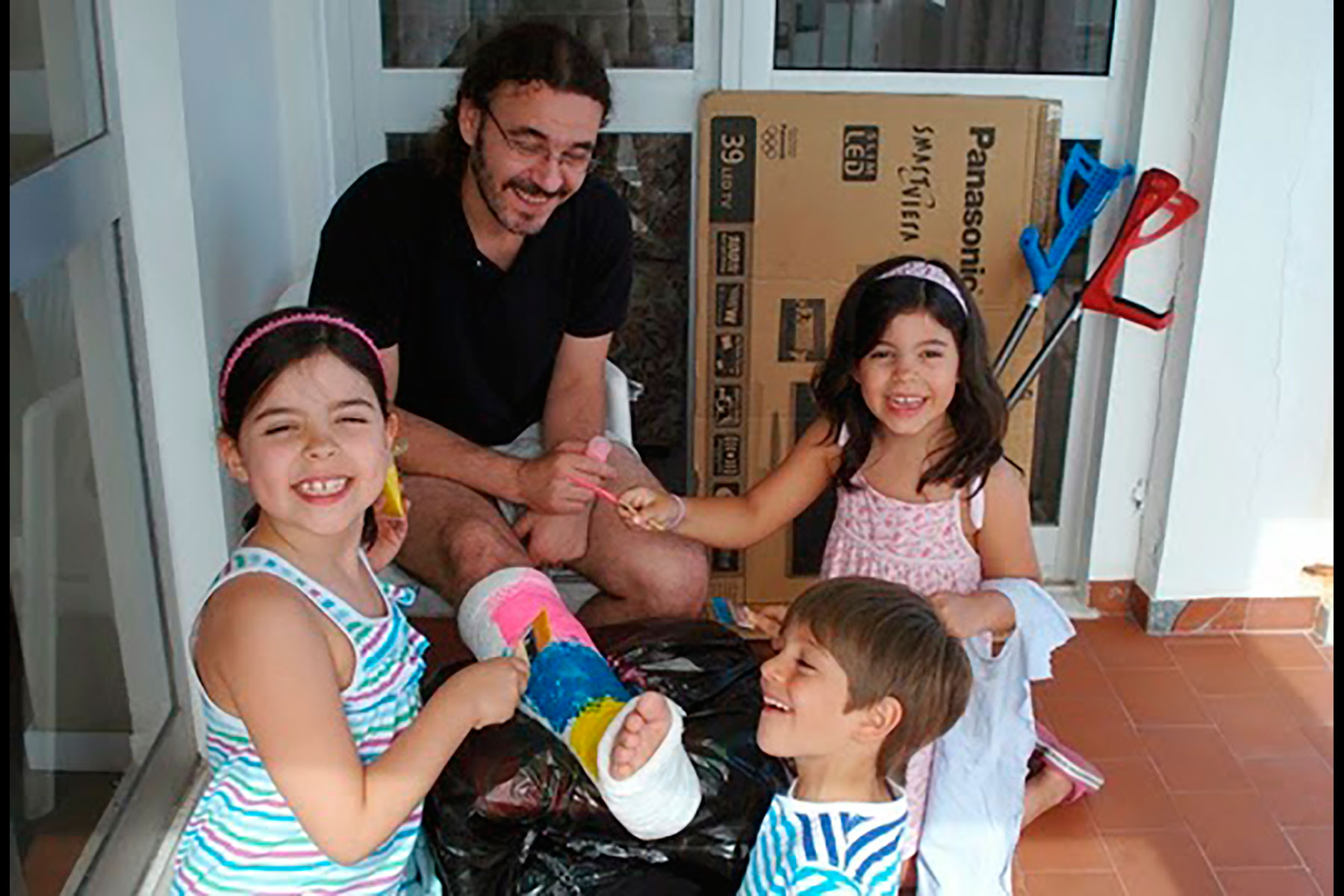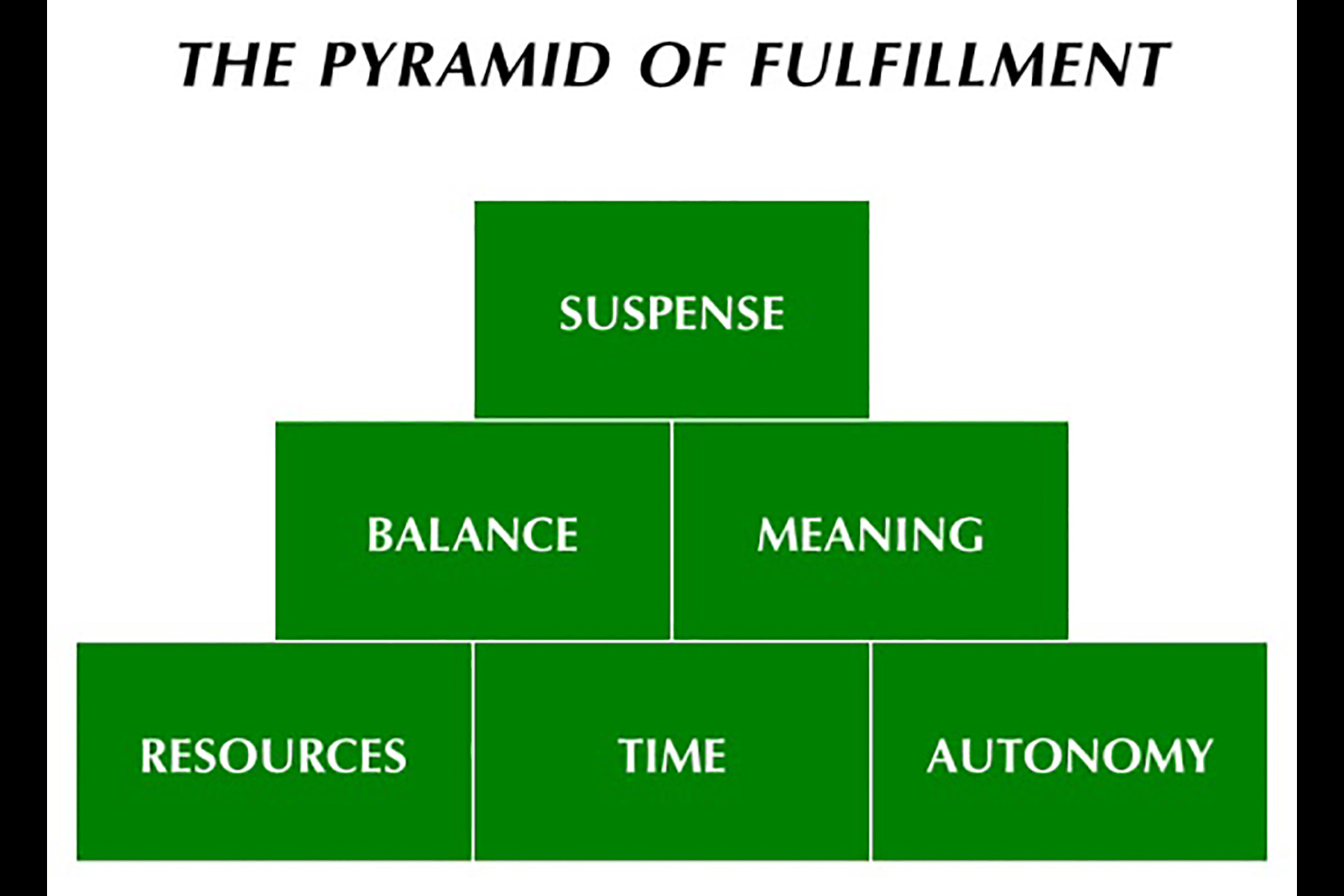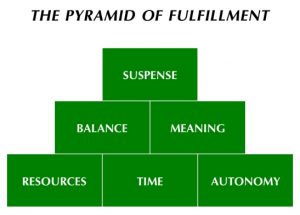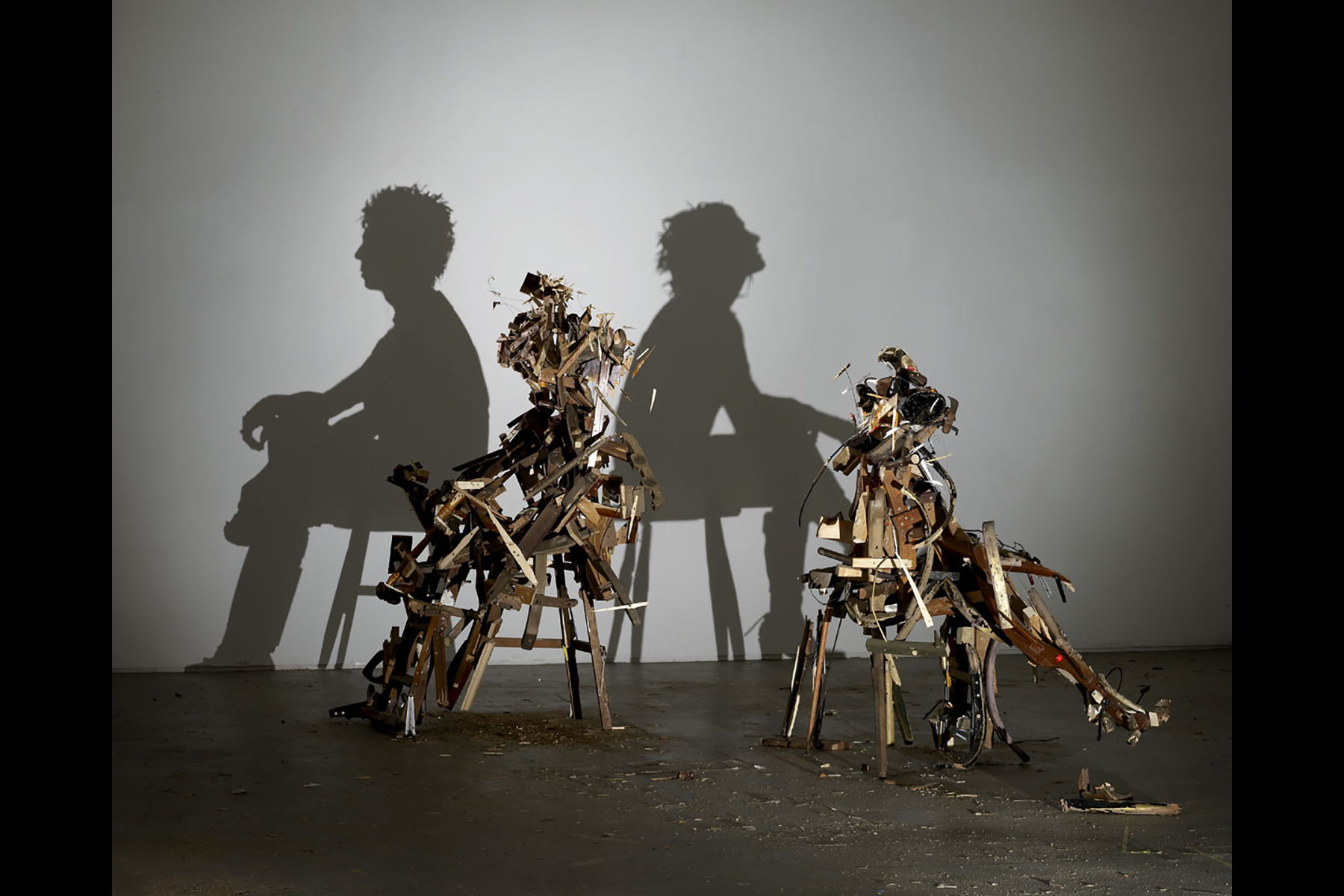Tag: Resilience
39 Days, 11 Hours And 30 Minutes Of Bandage

On June 29th at 10:30 pm, while I was out enjoying an evening jog, I tripped and broke the 5th metatarsus (the main bone of the pinky) of my right foot. On August 8th at 10:00 am the cast was removed.
That’s a photo of my nephews painting my cast.
The following are some of the things I learnt during those 39 days, 11 hours and 30 minutes.
1. Not getting in the way already great help
Performing everyday activities took a little longer and was a bit more complex to carry out. In practice, this often meant it was harder for those around me to go about performing their own everyday activities.
Using a cast helped me learn to consider beforehand whether I would be of greater help staying out of the way instead of getting in the middle and making things messier. Often, the best way to help was just not getting in the way.
I extend this to other areas of life. Though I may want to lend a helping hand with my advice or expertise, it is wise to first ask whether this will actually make things better. At times, staying still or silent is the best option.
2. Accepting dependence is tough
I also got used to the idea that some things I would just not be able to do on my own. For ex., I could not walk around with our daughter, Irene. For five weeks, I was a “sitting daddy” and relied on others to attend to many of Irene’s needs.
Life is a circle of interdependence: though autonomous, we rely on others and the services they provide for large amounts of our happiness.
3. Accepting restriction is also tough
Not being able to take a walk, run, swim or shower normally were tough for me. I even had dreams where I’d be walking and then noticed in shock that I still had the cast and shouldn’t be putting my foot on the ground.
One the principles we use in my conflict resolution seminars is that a conflict with no solution is a solved conflict. Accepting my limitations proved to be a challenge. Once accomplished, it’s also a blessing.
4. Non-empathetic remarks are scary
It wasn’t on purpose. In fact, they were not even aware of it. But the truth is that, in an attempt to be sympathetic, some people would tell me their own stories of broken bones. And they didn’t spare the dramatic details:
“My cousin broke his foot and had a cast for THREE months!!”, “I also broke my foot and it never really healed. It gets sore when I run and hurts on rainy days.”, “Be careful with the doc’s advice. Sometimes it makes things worse!”
My experience tells me it is not empathetic to share your ”horror” story with someone who is going through one of their own. They don’t need to hear the ups and downs of your experience. It doesn’t help cope.
5. Vulnerability introduced me to nice people
On the other hand, people were very kind. Just an example, when my wife, Claudia, Irene and I travelled on vacation, we anticipated a stressful and rough ride. Not true.
The services for passengers with mobility constraints were great. At every airport, we were assisted with great effectiveness and extreme kindness, at no extra cost. I take this opportunity to express our gratitude to all those who helped us.
A cast taught me that vulnerability can bring out the best in those around us.
6. Love makes loved ones endure
Another aspect was that my wife had extra work on her hands. As the days went by, I could see the fatigue growing, and an increasing effort was required to endure. But she endured. And then she endured some more. My love for her has grown.
I am fortunate to have seen that love fuels faith and strength in tough times.
7. Life withers and dies when trapped
Finally, the day I had the cast removed I noticed that my right leg was very thin. Even some of the hair on my leg had died (of asphyxiation?) and fallen off.
This made me think about how we, as humans, are not built to be trapped. Whether a relationship, the past, a job or even a dream, whatever imprisons us, weaken us and eventually kills the life in us.
My foot is almost fully functional and the vacation will soon be over. So expect to hear more from me from now on. 🙂
Break Free From Frustration

Life isn’t going to be perfect and there’ll always be a good reason to feel disappointed. So what do we do? We sometimes complain. Now, this may seem appropriate, but in fact it’s not. To complain leads to disaster and I’ll explain why.
Most of our complaining is senseless,
and has a disastrous effect: it fuels our frustration.
Aristotle said that “Anyone can become angry – that is easy. But to be angry with the right person at the right time, and for the right purpose and in the right way – that is not within everyone’s power and that is not easy.” The same goes for complaining:
To complain to the right person at the right time for the right purpose in the right way is not easy! The opposite is easy: to my friends I’ll complain about my partner, to my partner about my boss, to my boss about my colleagues, to my colleagues about the government and the weather…
Every time we express our discontent – including when we silently complain to ourselves – we’re telling the mind that something is wrong. This feeds our frustration. Then, there’s really not much we can do to stop the Hulk in us from coming out.
In other words, complaining leads to frustration, and frustration to anger and grumpiness – a recipe for disaster. To avoid complaining, even to myself, I follow two guidelines in both my personal and professional life:
1) Do not allow yourself to complain about things you cannot or are unwilling to change – it’s a waste of time. Change the subject.
2) Do not allow yourself to complain without suggesting a better realistic alternative. Until you think of something better, keep quiet.
By breaking free from the habit of complaining, we increase our tolerance to frustration. I’m not going to begin to tell you how rewarding and refreshing that is. Instead, I’ll challenge you to try it for just one week. Then, please tell me how you feel!
Remember: There’s always going to be a good reason to complain. Be nice, and let someone else use it. 🙂
The Pyramid Of Fulfillment

What are the first six words that pop into to your head when you hear the words fulfillment, success or happiness? Before I tell you why, please write them down.
The other day, my friend and fellow coach at IESE Business School, Tony Anagor — Cofounder of LifestyleDMC and Lifestyle Barcelona, companies that specialize in organizing unique events and experiences — was invited to give a talk to MBA students from around the world who were in Barcelona as a part of the University of Manchester’s European Summer Study Programme.
When Tony asked me if I’d like to share the stage with him, I immediately jumped on board: for me students mean the future, and I like being in touch with the future.
During my presentation, I asked the students this same question and shared with them my six words. They describe the decisive pieces to living a fulfilling life. I call it “The Pyramid Of Fulfillment”. Let’s have a look:

Resources: This includes money, but not predominantly. Seth Godin gets it well in a blogpost:
“Don’t get caught confusing money with security. There are lots of ways to build a life that’s more secure, starting with the stories you tell yourself, the people you surround yourself with and the cost of living you embrace.”
Time: Plenty of resources and no time to use them is not worth much. So, how much time do you have for you? Not for personal obligations apart from work, but time for your thing? I find that sometimes even my free time is booked.
Autonomy: Resources and time are useless if you’re not free to do with them what you desire. In the end, the goal is to live and work like you’re your own boss. Self-determination is a key factor for lasting motivation.
Balance: Juggling the different areas of your life is an art. It can also be your dismay. A fulfilling life is like an orchestra. It’s not enough to play one instrument well. You want all of them to do well and to do it together.
Meaning: With the resources, time and opportunity to live life on your terms and balance in doing so, you’re also going to need meaning. Life needs to make sense. What good is a wonderful orchestra isolated in a soundproof room where no one can hear it?
A life that does not contribute
to something bigger than itself lacks purpose.
Suspense: This is one of my favorites. I wrote about it in a previous post. Fulfillment is not about reaching the finish line. It’s about learning the game, keeping it going and ultimately becoming a game changer! This ongoing process requires excitement and energy. And without suspense, that’s really not possible.
What does your pyramid look like? I’m sure there are other significant pieces we could add. Love to hear about it.
Shadows of Creativity

We tend to feel low when shadows get in the way of the path we believe leads to happiness. We want the sunshine, not the cloudy skies. And that’s all right.
Nonetheless, shadows sometimes get in the way of our projects, expectations and dreams. Therefore, it does us good to remember that if there are shadows it is because there is light. This means that the shadows in our life ARE light, just not where we expect it to be.
This is where our creativity can kick in. We might want to actively wait for the shadows to pass; we might want to step around the shadows and into the light somewhere new; we might consider the idea of appreciating the dark features of the shadows in order to boost our contentment of the light; we might seek new, inner light — it’s up to you!
Because shadows are the tangible evidence of light somewhere, they’re a fantastic incentive for a creative use of our potential everywhere.

